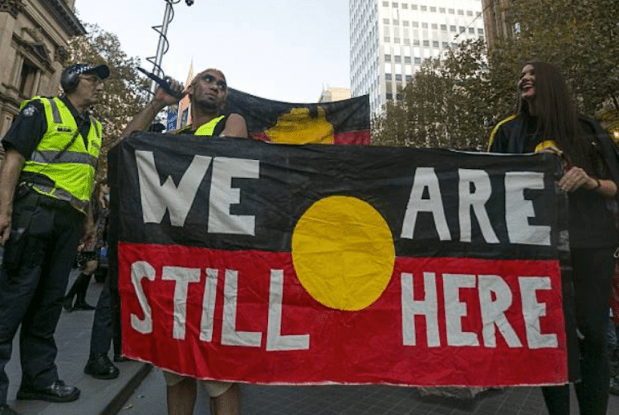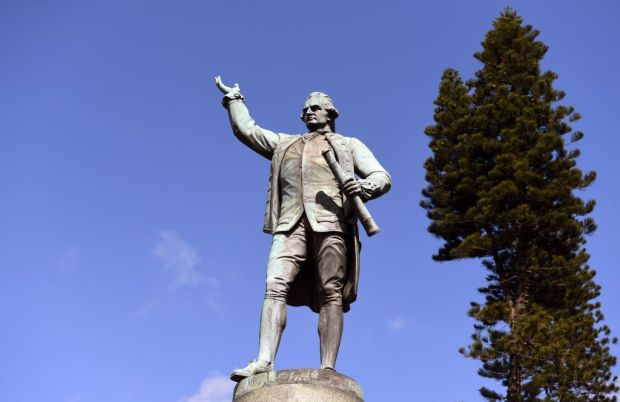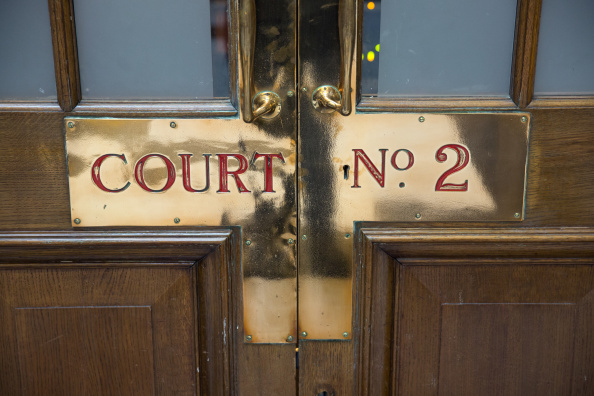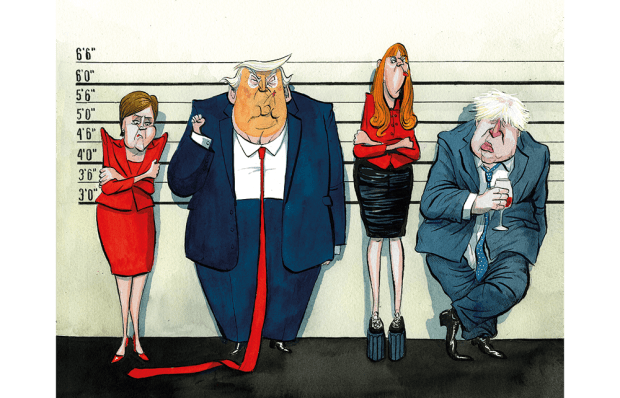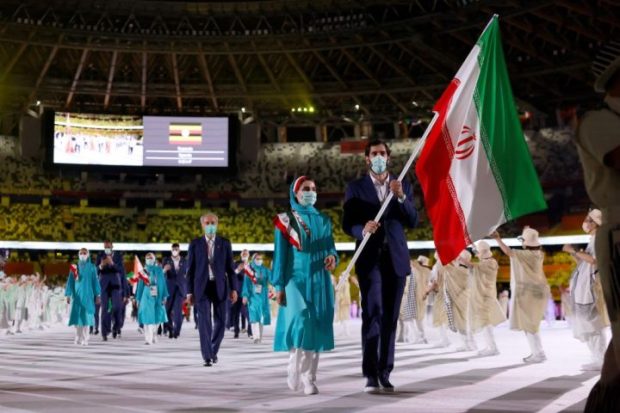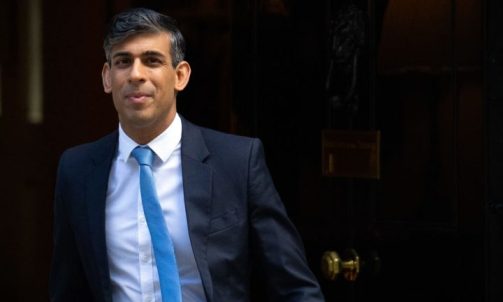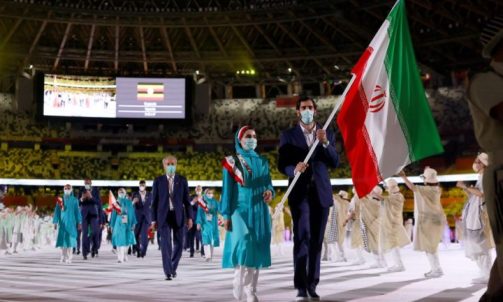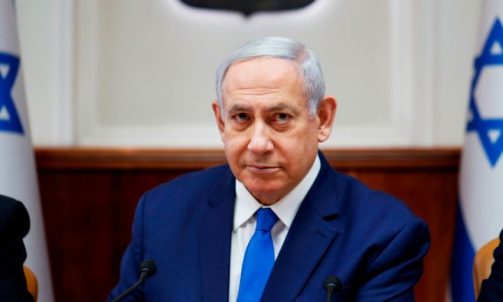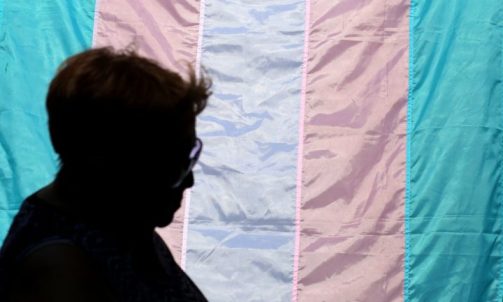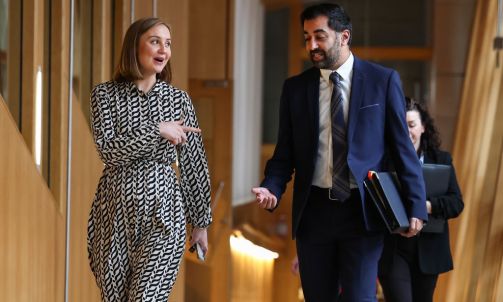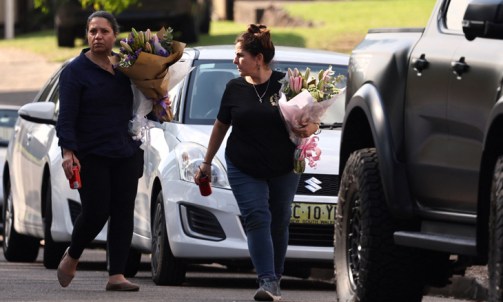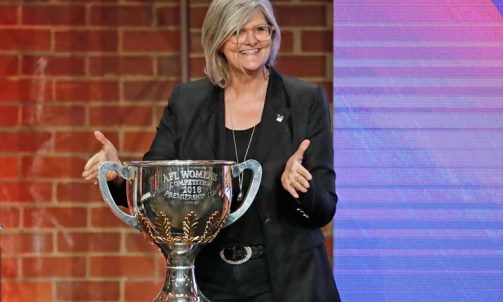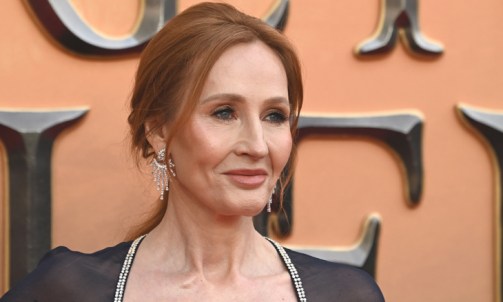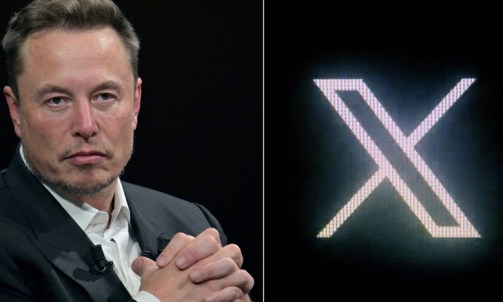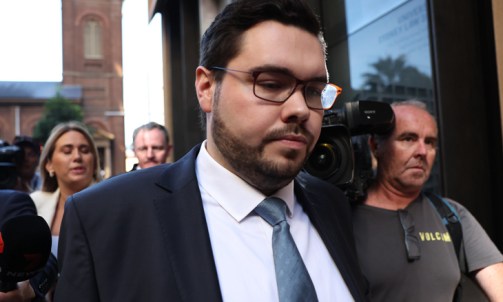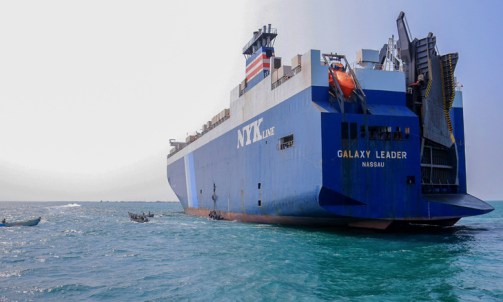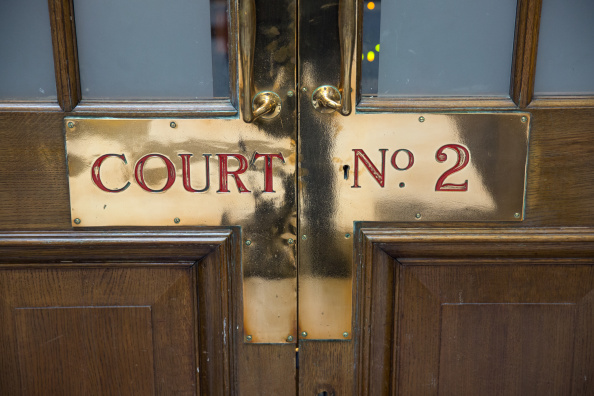 Kerryn Pholi’s outstanding opinion piece in today’s Australian examines the way the Australian Human Rights Commission has exclusively singled out Bill Leak for persecution under Section 18C of the Racial Discrimination Act for drawing ‘offensive’ things about ‘#indigenousdads’.
Kerryn Pholi’s outstanding opinion piece in today’s Australian examines the way the Australian Human Rights Commission has exclusively singled out Bill Leak for persecution under Section 18C of the Racial Discrimination Act for drawing ‘offensive’ things about ‘#indigenousdads’.
I am named as one of ‘gang of four’ – along with Anthony Dillon, Warren Mundine, and Gary Johns – who have said – not drawn – critical, yet bleeding obvious, things about some indigenous parents and child welfare.
The fact that none of us – particular the two non-indigenous gang-members — have been “18C-ed” by Kommissar Tim S. may, at face value, support Tim Dick’s Fairfax column on the weekend, which claimed that the RDA did not restrict freedom of thought and expression.
Tim D. argued that the “ideologues” who want Section 18c amended or abolished “never detail precisely what they want to say that they can’t say now.”
Yes we do. As I argued last year also in The Australian:
Section 18C also impacts on my own work on the controversial topic of Indigenous child protection.
Many Indigenous children who need to be removed from their families are subject to the Aboriginal Child Placement Principle (ACPP) and are placed with a relative or members of their community. This is done to maintain contact with Indigenous culture in the name of thereby ensuring children retain their Indigenous identity. In practice, the ACPP means that some children are removed from dysfunctional families only to end up living in equally dysfunctional circumstances especially in rural and remote areas.
The ACPP is anachronistic compared to modern Indigenous identity. Many Indigenous people have little contact with traditional customs and lands, and yet this does not prevent them from identifying as Indigenous.
It is therefore legitimate to question why we are persisting with the ACPP. And we should also be able to point out some obvious double standards. Supporters of the ACPP include some members of the Indigenous elite whose own children enjoy all the benefits of mainstream society. Yet they defend a policy that denies the most disadvantaged Indigenous children from enjoying the same opportunities, and based on a definition of Indigenous identity they deem irrelevant to their and their children’s identity.
But guess what could happen if these people were called out? Academic Anthony Dillon has written that after the Bolt case, as a part-Indigenous man he can say, and not get sued for saying, statements about Indigenous identity that a non-Indigenous person would be highly likely to be sued for saying.
With this advice ringing in my ears, Section 18C means I self-censor. I don’t go as hard on the question of the ACPP and Indigenous identity as I might, because of what might happen if I push too hard…
There is still plenty I would like to say about the hypocrisy that plagues the debate about Aboriginal Affairs; I said a bit more here in Quadrant in June.
But I still fear that I cannot say what I might want to, if I want to avoid running foul of the RDA.
Tim D. is wrong: the ‘silencing effect’ on free speech of so-called “hate speech” laws is real and could well explain why Tim S. hasn’t sent me a “please explain” under 18C … yet.

